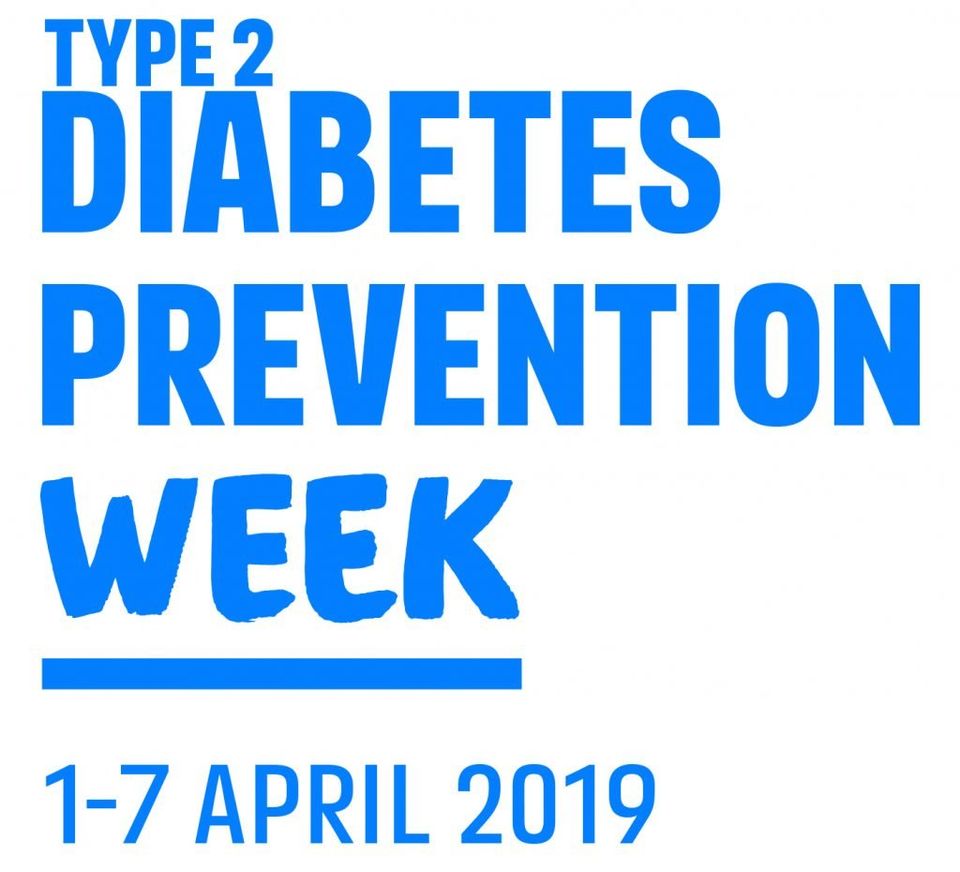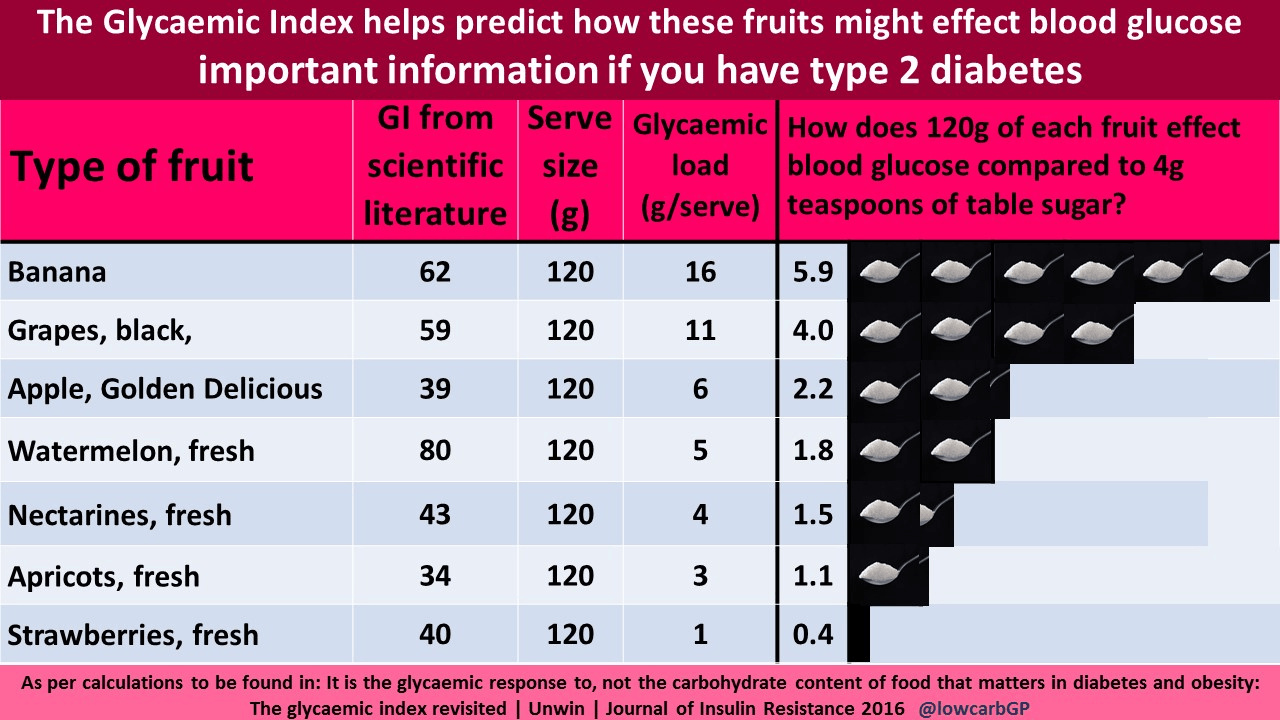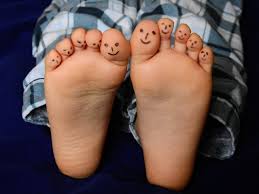NHS Diabetes Prevention Week 1-7 April 2019
Many of our clients find their way to be cared for in our clinics because of the condition Type 2 Diabetes and the damage it can cause to the legs and feet. The high blood sugars, that cause Type 2 Diabetes, cause damage to the blood vessels and the nerves of the body. It is very important to ensure you are seen regularly by a podiatrist once diagnosed, as they can keep an eye on the overall condition of your feet and spot any damage before it becomes it becomes serious. In our clinics we offer a full diabetes assessment:
https://www.betafeetpodiatry.co.uk/diabetic-feet-arthritis
As time goes on, the sugar causes further damage, eventually causing loss of feeling, loss of blood supply and often neuropathy pain. Sadly, the longer you have the high blood sugars, the more wide-ranging and permanent the damage. Type 2 diabetes is the leading cause of lower limb amputations in the UK. Your body tries to remove the sugar from your bloodstream, by secreting the hormone Insulin and so storing the sugar in your cells.
Happily, it is never too late to change things, by changing your diet you can prevent, halt or even reverse damage to your nerves and blood supply. Thousands of people have already turned their health around by doing just that.
How can you lower those blood glucose levels? The amount of sugar and carbohydrates you eat will have a direct link to your blood sugar levels. Carbohydrates, such as cereals, bread, pasta, potatoes and rice are simply tightly packed chains of sugars, that are broken down into sugar once digestion takes place within your body. By limiting the total sugars you put into your body, you will decrease the damage that is being done to your whole body. As kidney specialist Dr Jason Fung colourfully puts it, you are decreasing the “rot” within your body. Replacing those carbohydrates with healthy, non-industrialised fats, for example butter, cheese and cream, with good quality protein and mainly above ground vegetables, will have a huge effect on your health. This is not a diet that you do and then return to your former way of eating. If you are prediabetic or have type 2 diabetes your body can’t take the number of carbohydrates you are consuming, it is insulin resistant, so you must decrease that total amount for good. Of course, keeping as active as is possible for you and stopping smoking will also help your overall health too. See https://idmprogram.com/blog/
There are some wonderful resources to help you with this change of lifestyle: we have in The NHS Apps Library- the Low Carb Program, developed with help of GP Dr David Unwin and the charity https://www.diabetes.co.uk/.
It has already helped over 145,000 people to gain control of their blood sugar levels by changing their diet. It is a fully supported 10 week course and is very useful if you are on medication, as it can be personalised. See:
https://www.lowcarbprogram.com/
We also have the Diet doctor website, developed by Dr Andreas Eenfeldt. This provides a wide variety of resources including low carb recipes and meal planners to guide you through your change to health. Most of the website is free to browse and if you want to join, the first month is free. This is long enough to take up their 2 week keto challenge twice if you want and learn a new way of eating. You can also watch the many helpful videos by world health experts that are available. You can then just cancel easily when you no longer need it. https://www.dietdoctor.com/
The Public Health Collaboration has a good website that has some extremely useful information, including infographics that show you the glycaemic response of everyday foods. They can really open your eyes to how much sugar you are unwittingly consuming. For instance, a bowl of cornflakes has the equivalent of 8 spoonfuls of sugar, whilst a 30g slice of bread has 4 spoonfuls! https://phcuk.org/sugar/
Watching your fruit intake is important too. Most fruits are extremely high in sugar, a single banana has the glycaemic equivalent load to 6 teaspoons of sugar. A 120g serving of grapes is equivalent to 4 teaspoons of sugar. If you are going to eat fruit, eat 120g of berries, such as strawberries which are less than the equivalent of a teaspoon of sugar, instead of the more sugary fruits. Fruit juice should be avoided for the same reason, it is pure sugar without the benefit of the fibre. High fructose (the main sugar found in fruit and high fructose corn syrup) intake is indicated as the main cause of non-alcoholic fatty liver disease.
If this has whetted your appetite for more information on this subject, then you are in for a treat. The PHC has organised an amazing conference with world class speakers, it will be held on the 11th and 12th of May 2019 at The Royal College of General Practitioners in London. Amongst others, there will be cardiologist Assem Malhotra, Professor Robert Lustig and Tom Watson MP, who has his own tale to tell on diabetic reversal and diet! https://phcuk.org/conference/
IMPORTANT. If you are on medication for your diabetes or are on high blood pressure medication, please discuss your dietary changes with your doctor. Both your blood sugar levels and your blood pressure, can come down very quickly (sometimes within days) as you move into a low carb way of eating.







